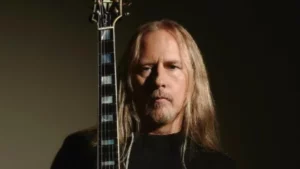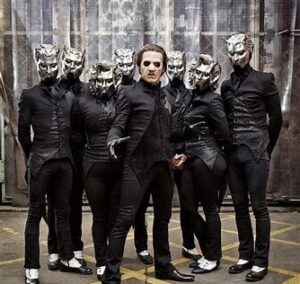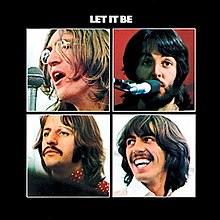
Paul McCartney’s announcement of his departure from and the de facto end of The Beatles on April 9th, 1970, was front-page news, and not just in the music trades.
Though their impact was considerably less than Christ’s, The Beatles were a one-of-a-kind-phenomena – often imitated, never duplicated. Their influence was, and continues, to be enormous.
They arrived during the Cold War and in the U.S., shortly after the Kennedy assassination. They were irreverent and fun. Just what the U.S. and by extension, the world, needed to pull itself out of the doldrums. More than that, they were exceptionally talented.
But what often got lost was their discipline and hard work ethic. John Lennon and Paul McCartney spent years honing their songwriting skills and the two complimented each other, largely canceling the other’s worst tendencies (a practice woefully missing in their solo careers); John’s crippling sarcasm and Paul’s over-sentimentality.
Still, in their early period beginning in ’62 with the relatively primitive “Love Me Do” to “A Hard Day’s Night” soundtrack (their first film) in ’64, there was a remarkable growth in Lennon and McCartney’s songwriting capabilities.
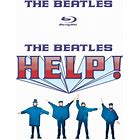
By ’65, The Beatles had matured both as a recording act and as musicians. Furthermore, Lennon and McCartney entered into their most creative and accomplished songwriting period turning out a succession of brilliant songs including “Help!,” “Ticket To Ride” and “Nowhere Man.”
Progressive leanings were evident on “Rubber Soul” and “Revolver.” The latter had two upbeat McCartney tunes, “Good Day Sunshine” and “Got To Get You Into My Life” as Lennon countered with “Tomorrow Never Knows.”
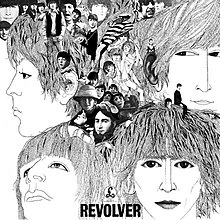
The Beatles were poised for something truly innovative.
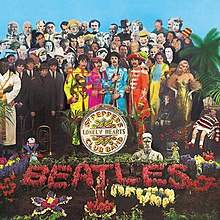
Sparked by McCartney’s idea of ditching The Beatles identity, “Sgt. Pepper’s Lonely Hearts Club Band” mixed Rock ‘n’ Roll and the prevailing psychedelic vibe with a heavy dose of traditional British music hall frolicking. The album along with its less accomplished follow-up, “Magical Mystery Tour” developed the idea of the concept album and “art” in Rock. The album closed with the epic “A Day In The Life.”
As the Lennon/McCartney dynamic changed so did Lennon’s personal life. He’d divorced his wife of six years, Cynthia, to take up with Yoko Ono, a conceptual artist.
The Beatles, no longer burdened with touring, produced more songs than could fit on an album, so a double set “The Beatles” or as it was more commonly known “The White Album” was released to clear the decks. But the band was working less as a group and more as solo artists. Cracks in the Beatle façade were starting to show. Disgusted and feeling belittled drummer Ringo Starr did quit but returned a short time later.
Even though an acoustic version of “Revolution” appeared on the album, the single version showed The Beatles could still Rock.
The “Whie Album” stands as the best example of The Beatles eclectic nature. Not all of it is brilliant but enough is.
As the late ’60s rolled in, The Beatles were at odds with each other. Paul wanted the group to tour or do some kind of performance. The other three were dead against it. John was spending all his time with Yoko and she was even joining him in the studio. The other three felt this was an intrusion. On top of it, John threatened to quit but was talked out of it.
“Let It Be,” a film designed to illustrate The Beatles’ creative process, actually showed a band breaking down. George Harrison, feeling his contributions were overlooked or belittled, bailed for a time as well.

The less than stellar soundtrack was handed over to producer Phil Spector in the hopes he could make something of it.
Financially, The Beatles were suffering too. Their Apple businesses (clothes, electronics and media) were burning through money. And since manager Epstein’s death (listed as an accidental overdose) there had been no control or financial accountability. To right the situation, John, George and Ringo hired Allen Klein. Paul, having married Linda Eastman, wanted her father and brother (both New York entertainment lawyers) to handle The Beatles’ affairs.
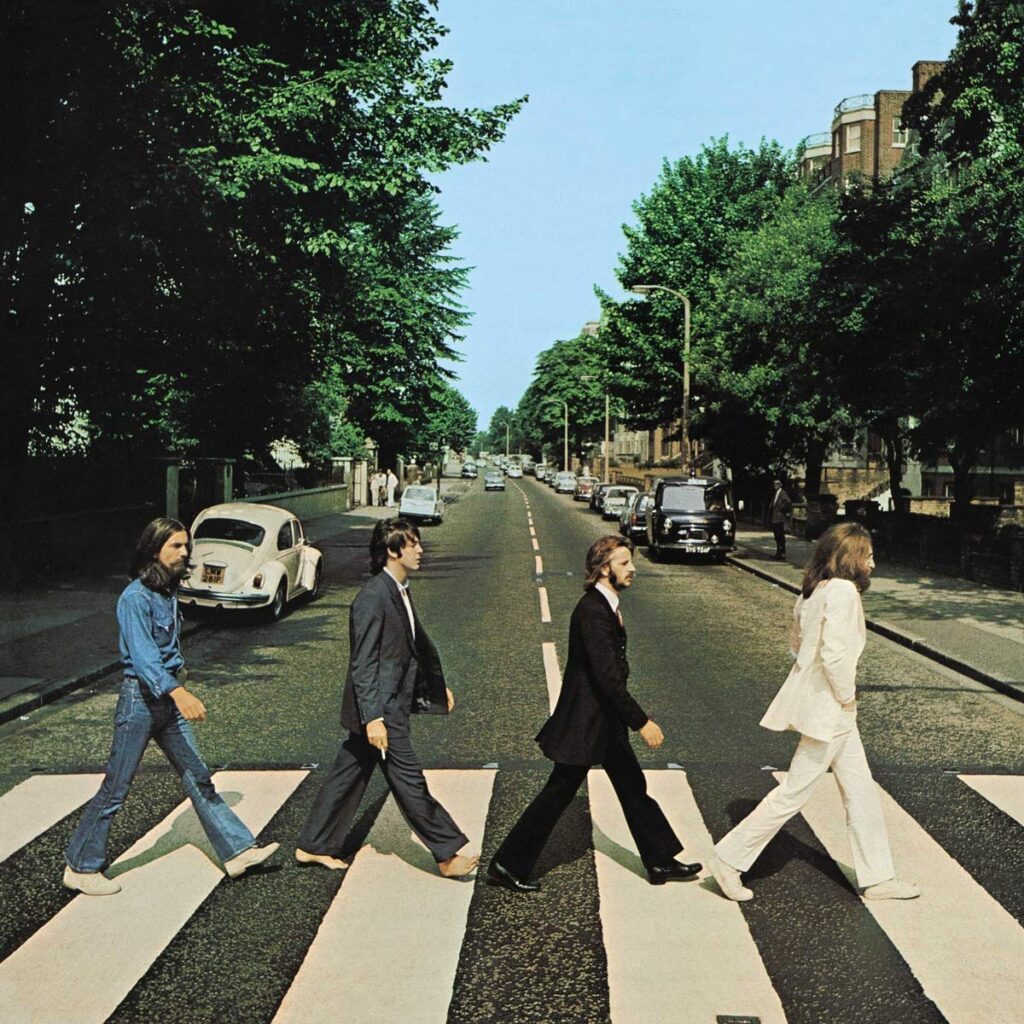
All that combined to spell the end of the group. But before that happened The Beatles returned to the studio and created a masterpiece, “Abbey Road.” Even though the modest Phil Spector produced “Let It Be” was released later, it was clear that with “Abbey Road” The Beatles ended their career on a high note.




